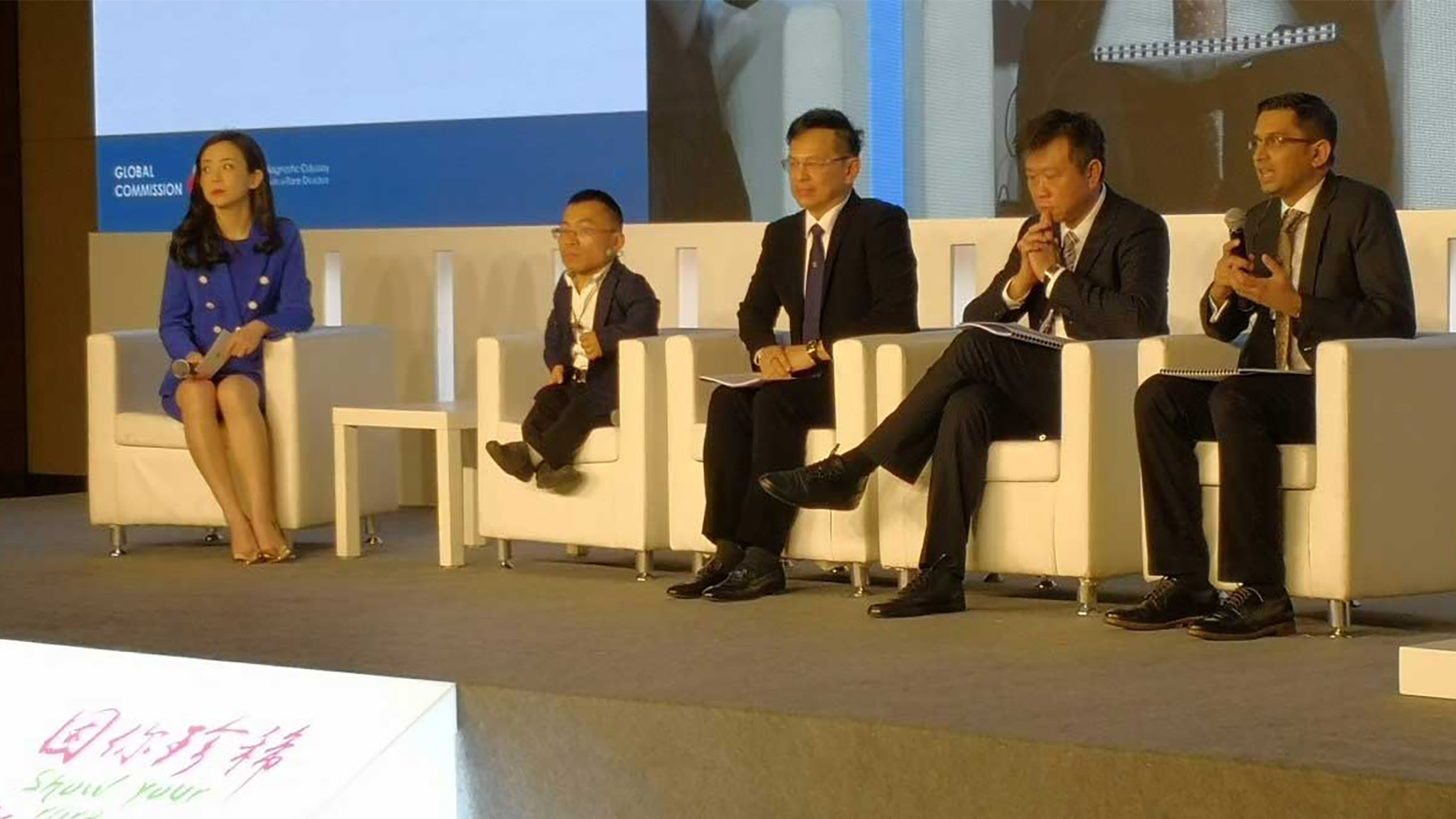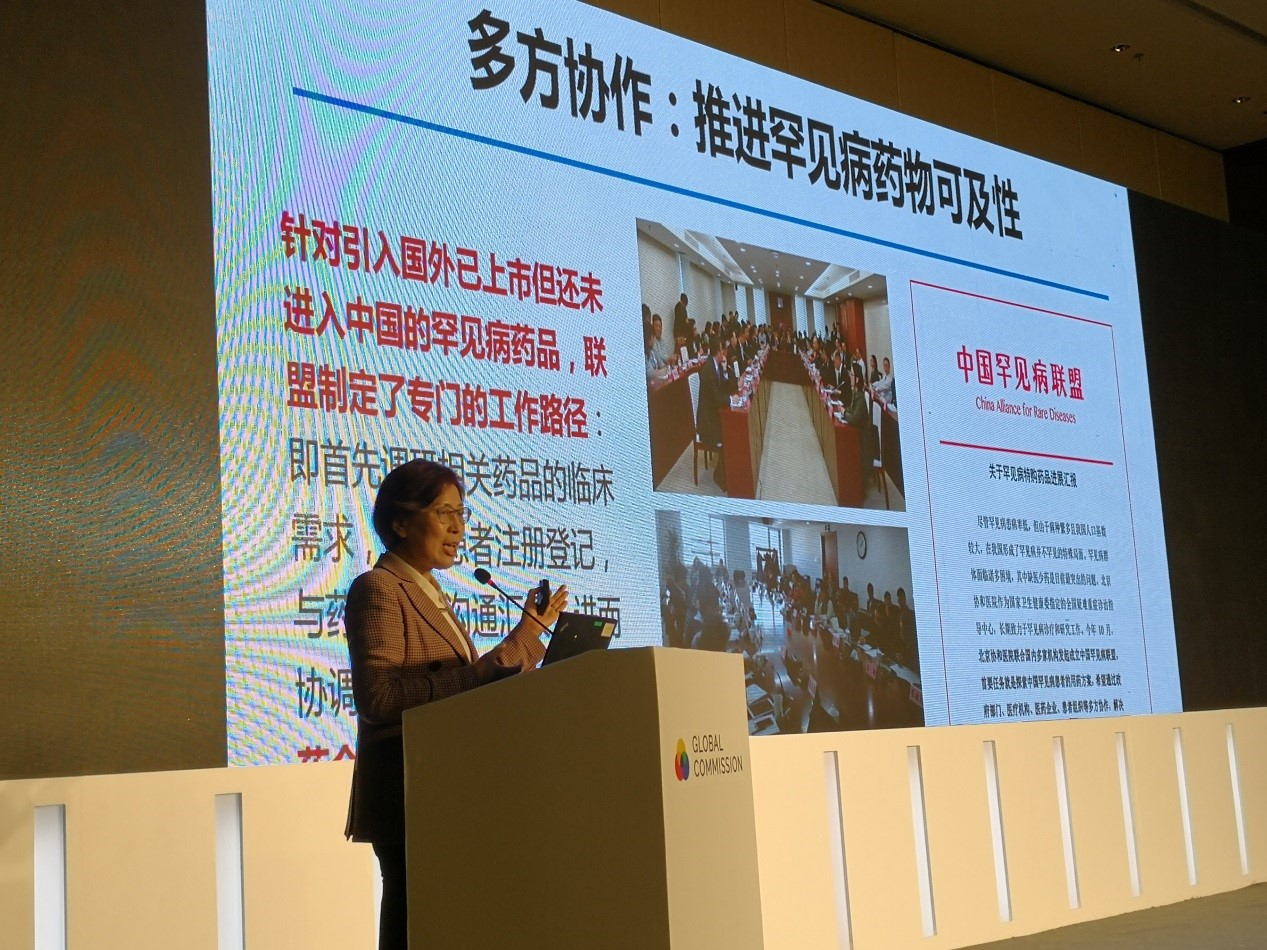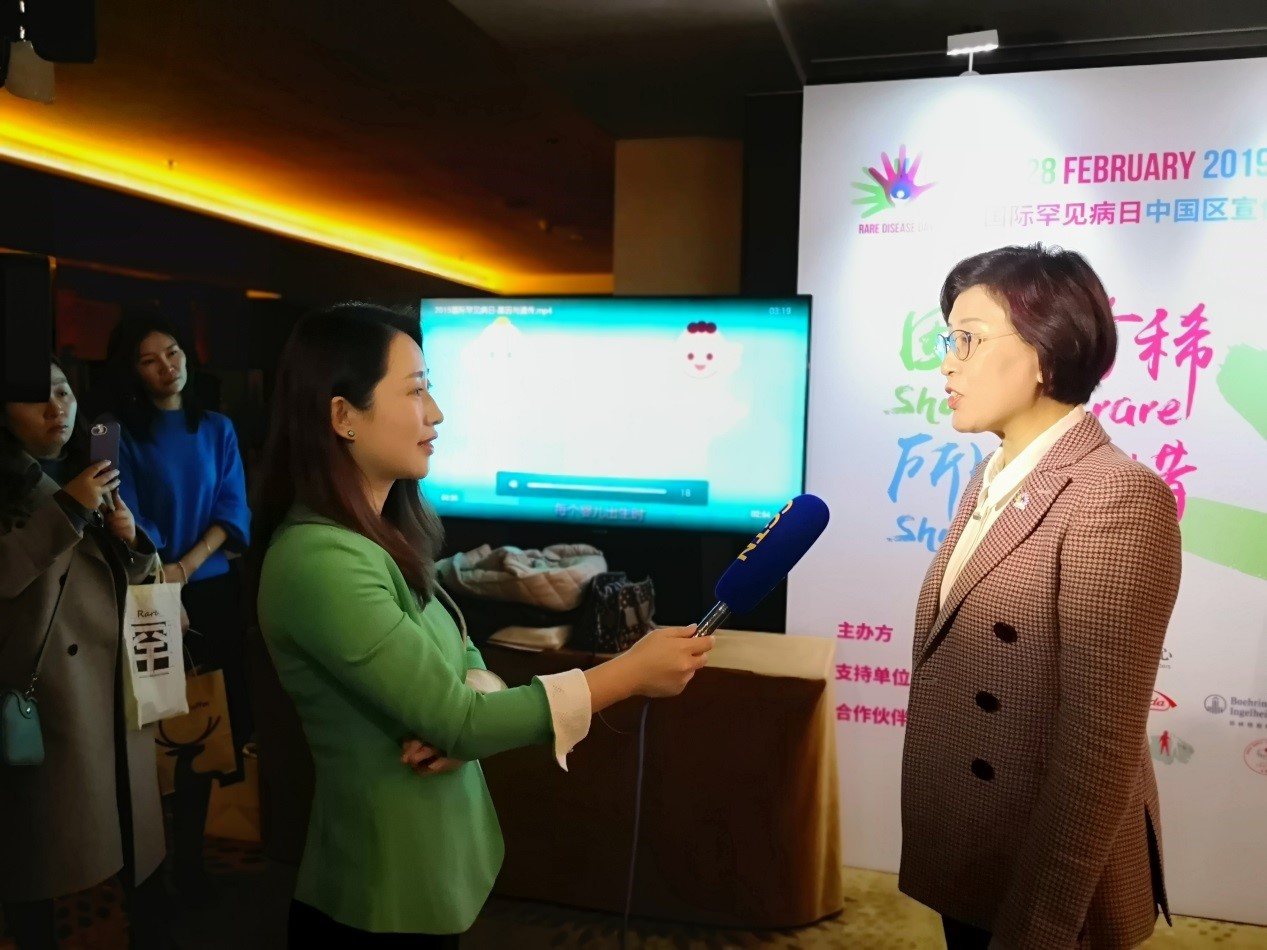
Health
22:54, 28-Feb-2019
Rare Disease Day: Reports call for quicker diagnoses, better drug accessibility
By Wu Guoxiu
02:01

Dozens of rare diseases are currently untreatable by drugs, some even take years for doctors to diagnose, but treatments exist for most of them. And in China, a new focus on treating rare diseases aims to help those afflicted.
Of the estimated 7,000 rare diseases worldwide, experts say 80 percent are inheritable. Symptoms of half of all rare diseases begin in childhood. But it takes doctors an average of five years to diagnose such illnesses in children.
"This is more in the West where there is a high ratio of genetics doctors, about one in 200,000 patients have accesses to genetics doctors. In Asia, the numbers are much lower, lower than one in one million people", says geneticist Saumya Shekhar Jamuar.
An NGO report calls for educating doctors and the public, and also an application of Artificial Intelligence (AI) based on global information sharing.
Denny Yeo, head of Microsoft's Asian health care industry, told CGTN: "If I have a concerted effort to share data and knowledge throughout the world, you'll make the treatment and identifying rare diseases much easier based on the technology that we have now."
Last year, China released the first-ever catalogue of rare diseases, listing 121 types. But a new survey shows only 74 can be treated with drugs, most of which come from the U.S., Europe and Japan.
Not all of those drugs are accessible in China.
"Many of them are also not yet covered by medical insurance. Many patients still can't get or even afford such drugs in China", says Huang Rufang, founder of the Chinese Organization for Rare Disorders.
China is cutting its value-added tax rates for 21 drugs and four active pharmaceutical ingredients for rare diseases down from 16 to three percent. That will begin in March. While the government is encouraging drug innovation, medical experts are also injecting more hope.

Zhang Shuyang, vice president of China's Peking Union Medical College Hospital, speaks about how to promote rare disease diagnosis and treatment in China. /CGTN Photo
Zhang Shuyang, vice president of China's Peking Union Medical College Hospital, speaks about how to promote rare disease diagnosis and treatment in China. /CGTN Photo

Zhang Shuyang, vice president of China's Peking Union Medical College Hospital in an interview with CGTN. /CGTN Photo
Zhang Shuyang, vice president of China's Peking Union Medical College Hospital in an interview with CGTN. /CGTN Photo
"In the future, we'll be able to edit embryos for families with rare diseases. The technology can even help patients already diagnosed. Rare diseases are also curable and preventable," says Zhang Shuyang, vice president of China's Peking Union Medical College Hospital.
Experts say even if patients can't get completely cured, doctors will aim to improve their body functions for an easier life.
(Top photo: Experts discuss rare diseases in Beijing on Rare Disease Day, February 28, 2019. /CGTN Photo)

SITEMAP
Copyright © 2018 CGTN. Beijing ICP prepared NO.16065310-3
Copyright © 2018 CGTN. Beijing ICP prepared NO.16065310-3